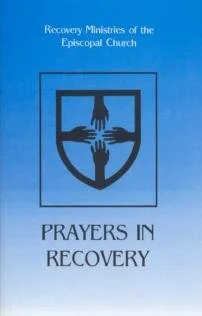“Hope is being able to see that there is light despite all of the darkness.” —Desmond Tutu.
I attend the Episcopal Recovery Conference in Asheville, North Carolina, last year and learn so much about recovery from addictions. First of all, I realize that the longer I am in recovery, the more I tend to think I know and have heard it all. Today I am disabused of this thought process. I actually know very little. That is why it is important to continue to attend gatherings like this.
One speaker, Chris Budnick, executive director of Healing Transitions in Raleigh, talks about how we think recovery for others should look similar to ours. Not true. Recovery from addiction is not a cookie cutter process. We share with others our experience, strength, and hope; but we must not expect others to have the same experience, strength, and hope. Perhaps we can see this more clearly in reference to our spiritual life. We each have a spiritual connection to God, but it is different for each of us. So also is our response to recovery and our individual path to achieving it.
I learn one more lesson today. We often talk about someone not coming to recovery because he or she “has not hit bottom.” That means the person hasn’t reached a level of pain that allows openness to change. The speaker gave examples of others who decided to change because people in recovery kept letting them know there was hope for freedom from addiction. Hope for a new life.
Mentors in recovery keep conveying that those who are farther along in recovery care about them, have some realization of what they are going through, and believe there is hope. Those caught in addiction may begin to see glimpses of new life in the person in recovery who seems honestly to care about them.
This is one more way that those in recovery can carry the message to those who are still suffering: by continuing to reach out and give them hope.
Joanna. Joannaseibert.com

